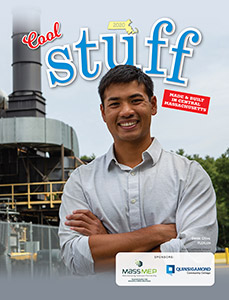Manufacturing Jobs Are
Plentiful, and Talented Workers
Are in Demand
David Cruise acknowledges that to most, this is the Pioneer Valley, a name attached to most of Western Massachusetts decades ago, and a name that has stuck.
But Cruise, president and CEO of the MassHire Hampden County Workforce Board, formerly the Regional Employment Board of Hampden County, also likes to call it the ‘Precision Valley,’ a name that speaks to the high volume of precision manufacturing that goes on here and has gone on here since the late 1700s, when President George Washington chose Springfield as the site for the nation’s first arsenal, which later became known as the Springfield Armory.
Over the next 170 years or so, engineers and machinists at the Armory turned out some of the most famous weapons ever known, including the M1-Garand rifle, which General George Patton called “the greatest battle implement ever devised.” Meanwhile, some of the people who worked at the Armory would go on to start their own businesses and make a little history themselves, including a machinist by the name of Horace Smith. He would later go on to partner with Daniel Bard Wesson to create the legendary gun-making company Smith & Wesson.
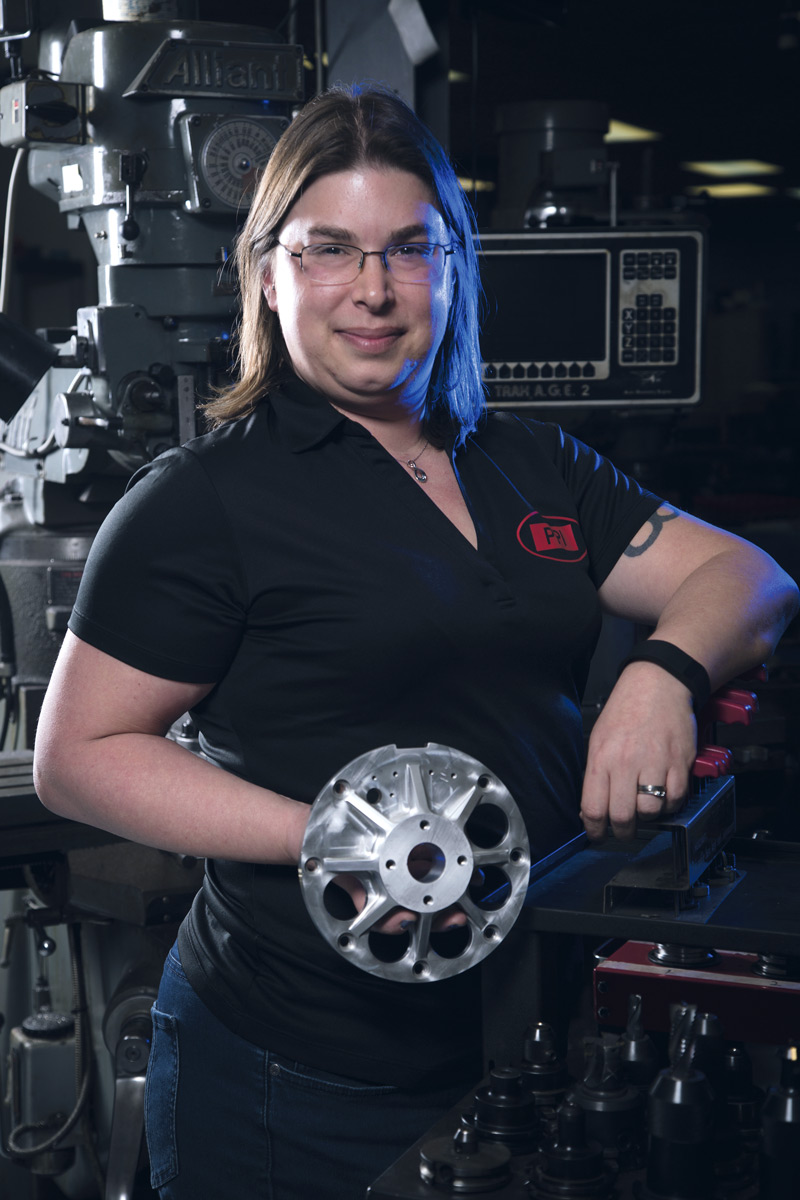
Kristin Carlson, owner and president of Peerless Precision, says area precision shops are very busy; the only thing holding them back is finding enough good help.
“Right now, every industry is booming — aerospace, defense, oil and gas, even the commercial sectors. A lot of us are seeing really large growth percentages over the past 12 months; the only thing that’s holding us back is having the workforce to fill the jobs that we have.”
— Kristin Carlson
That’s what Kristin Carlson, president of Westfield-based Peerless Precision, sees when she surveys the landscape.
“In the precision-machining side of the manufacturing sector, companies are not leaving this area,” she explained while debunking one myth about this industry. “There is a skilled workforce here that other states simply cannot compete with. So while it might cost a company less to do business in Tennessee or South Carolina, for example, they’re not going to see the same skill that we need in order to produce the parts our customers need.
“Right now, every industry is booming — aerospace, defense, oil and gas, even the commercial sectors,” she went on. “A lot of us are seeing really large growth percentages over the past 12 months; the only thing that’s holding us back is having the workforce to fill the jobs that we have.”
“I could double in size if I had the workers,” she said, adding that there are many in this sector who could likely say the same thing.
‘If I had the workers…’ That’s a phrase you hear in many shops today, and it will be heard more often in the months and years to come.
Indeed, the latest Workforce Development and Technology Report, prepared as part of the Precision Manufacturing Regional Alliance Project, or PMRAP for short, shows that firms are hiring — and plan to keep hiring — as they not only add positions but replace the many workers now reaching retirement age.
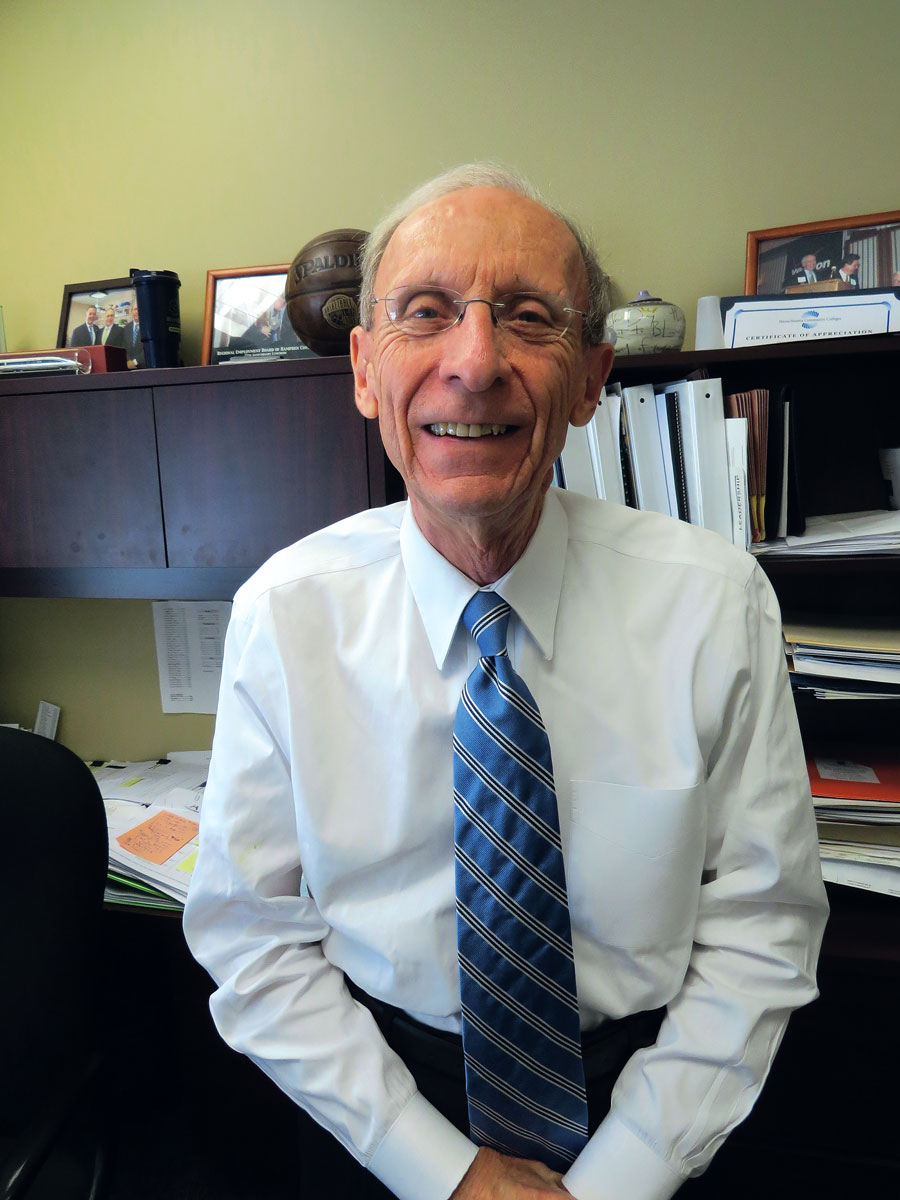
Dave Cruise says surveys of area precision manufacturers reveal a huge gap between expected need for workers and the region’s ability to supply them.
These are eye-popping numbers to be sure, and the hope is that they will prompt more young people to consider manufacturing as a career option.
Making It Here
There are a host of products manufactured in the Precision Valley; some are seen in nearly every home or garage. But the vast majority of products made here are unseen to those who call the Valley home; these are components in everything from submarines to night-vision goggles used by Army soldiers, to jet fighter planes.
Rick Sullivan, president and CEO of the Economic Development Council of Western Mass. and former mayor of Westfield, home to the 104th Fighter Wing of the Massachusetts Air National Guard at Barnes Airport, puts it all in proper perspective when he says, “every time I saw a plane fly overhead, I knew there were about $100,000 worth of parts made right here in Westfield up there.
And demand for these parts continues to, well, skyrocket, which is why the outlook for manufacturing in the Precision Valley is so promising. However, with that promise comes a stern challenge — finding, training, and retaining the workers needed to make all the products made here.
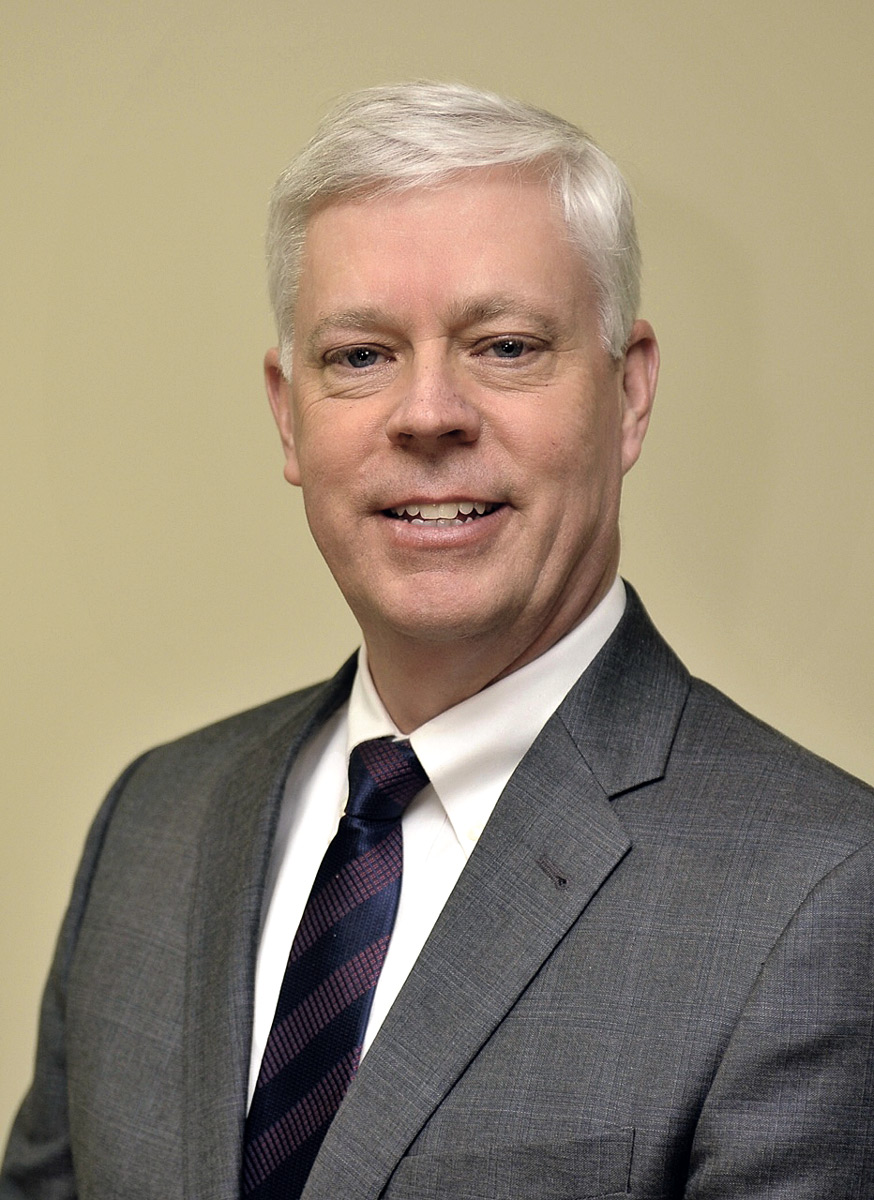
“Every time I saw a plane fly overhead, I knew there were about $100,000 worth of parts made right here in Westfield up there.”
— Rick Sullivan, executive director of the EDC
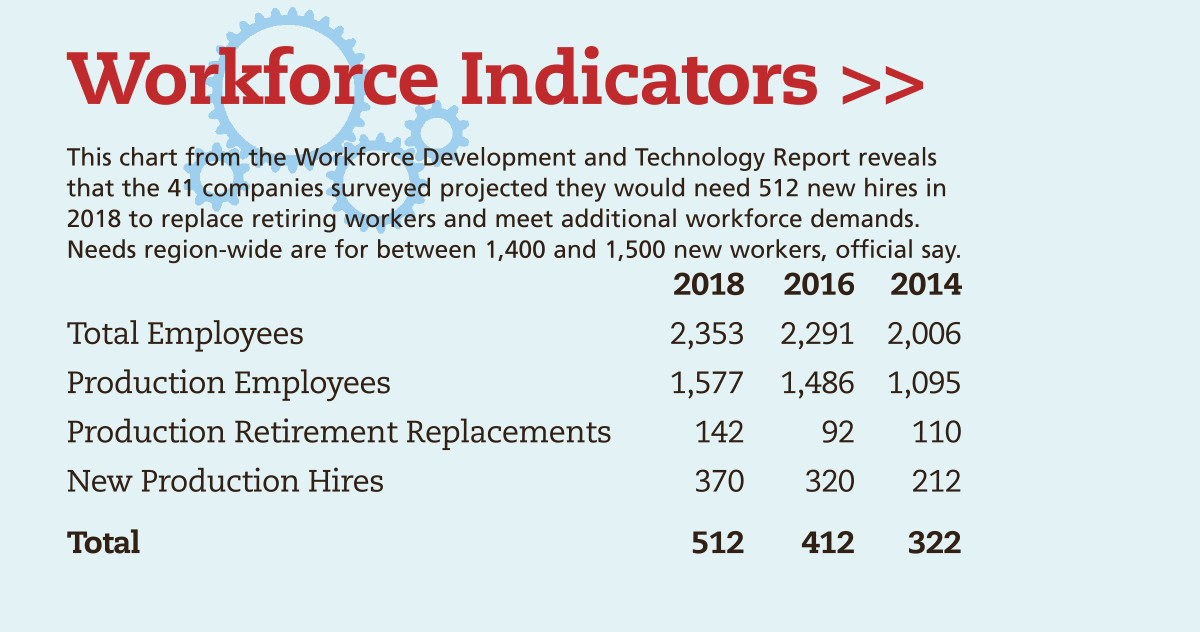
“The shops are clean, and the work is challenging,” said Mark Borsari, president of Sanderson MacLeod. “Today’s manufacturers are technology-driven, and the jobs are rewarding on many levels.”
Today’s manufacturers value their employees because they fully understand they are the key to their success, said Borsari, adding that many of today’s shops strive to create a work environment that is clean, safe, and, well, livable.
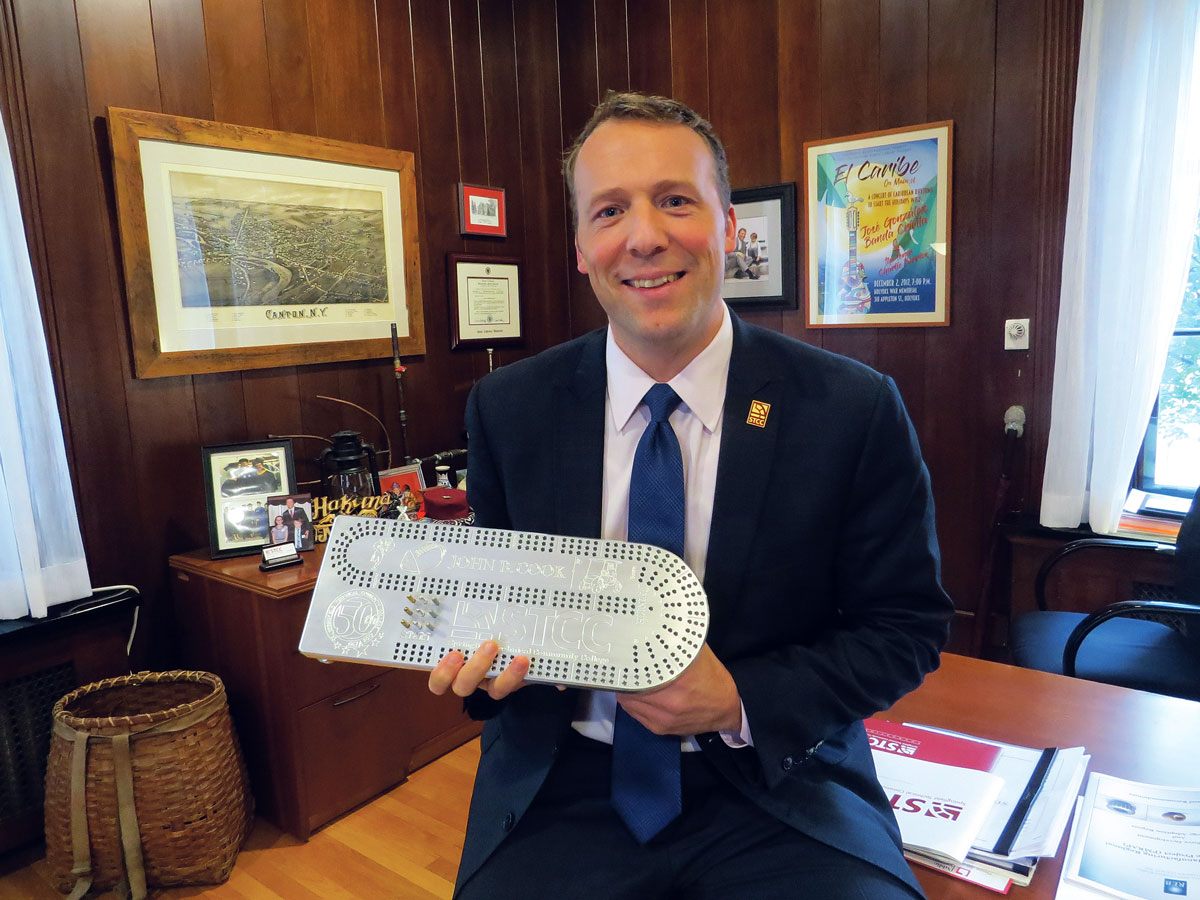
John Cook, president of Springfield Technical Community College, proudly displays the cribbage board given to him by students at Pathfinder Regional Technical High School in Palmer.
That’s the name given to a ’50s-style diner at this company, a maker of twisted-wire brushes for the cosmetic, healthcare, handgun, and other markets.
It was created a year or so ago, not long after the company also added an appropriately named ‘appreciation garden,’ an outdoor break area complete with picnic tables, chairs, umbrellas, and more.
“I take this around, and I tell people that, if they can create one of these at one of those labs like the one at Pathfinder, there’s a $50,000-a-year job waiting for you.”
— John Cook, president of Springfield Technical Community College
But in one important respect, the manufacturing jobs of today are like those of a generation or two ago: they come with salaries that can support a solid lifestyle, the American dream.
To get this point across, John Cook, president of Springfield Technical Community College, which graduates dozens of people each year from its manufacturing programs, proudly displays the cribbage board given to him recently by students at Pathfinder Regional Vocational Technical High School in Palmer, who crafted it themselves.
It’s fashioned from metal — Cook isn’t sure exactly what the material is, although he suspects it’s aluminum — and it’s truly a one-off, complete with his name and title printed on it.
“I take this around, and I tell people that, if they can create one of these at one of those labs like the one at Pathfinder, there’s a $50,000-a-year job waiting for you,” he said as he started to explain, making it clear that his cribbage board has become yet another strategic initiative in a multi-faceted effort to educate people about careers in manufacturing and inspire them to get on the path needed to acquire one.
And $50,000 often represents the salary of someone simply getting started in this field. Indeed, the average salary for manufacturing workers in the four western counties is nearly $70,000 — $68,770, to be exact.
In Hampden County, the number is $62,764. In Hampshire County, it’s $66,352, and in Berkshire County, the number is $111,904!
Carlson was talking about the salaries and benefits offered by her company — most workers are paid $1,000 a week or more — when she paused for a moment.
“When you add up wages, overtime, and everything else, there are a few guys here making more money than I do,” she said, adding that this is not an exaggeration, but it is a fact lost on many young people, their parents, and other constituencies.
In Their Own Words
Maybe the most powerful bits of commentary about today’s manufacturing jobs come from young people now in that sector, as relayed in the company profiles that begin on page 21.
People like Frank Velazquez, operations manager at Toner Plastics in East Longmeadow. He began his career there as an entry-level warehouse worker and is now operationally responsible for a business unit generating $15 million per year.
“I love who I work for, and I love what I do,” he said.
There’s also Kristina Furrow, a 29-year-old machine tender at Onyx Specialty Papers in South Lee.
“During my time with Onyx, I have received a lot of opportunities to increase my responsibilities, take on new challenges, and contribute to the company’s success,” she said. “Onyx takes care of their associates by rewarding them for their hard work and effort through a solid compensation program.”
And finally, there’s Dmitriy Golenev, an all-around machinist at Peerless Precision, who came to the company as a senior at Westfield Technical Academy on his co-op at 18 years old.
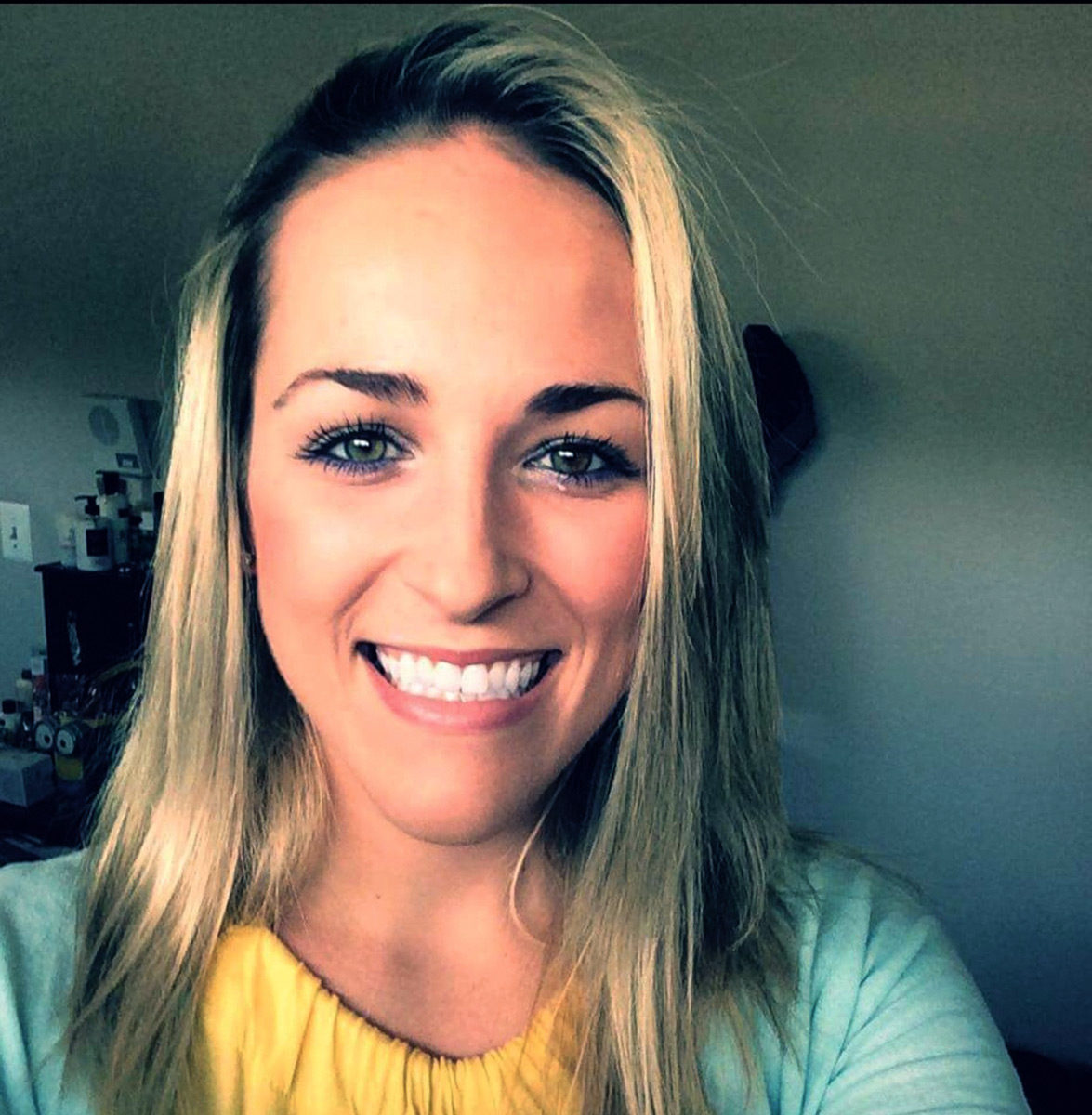
“During my time with Onyx, I have received a lot of opportunities to increase my responsibilities, take on new challenges, and contribute to the company’s success. Onyx takes care of their associates by rewarding them for their hard work and effort through a solid compensation program.”
— Kristina Furrow, machine tender at Onyx Specialty Papers
These comments certainly speak to a sector on the rise, one that area young people should be willing to explore — and possibly make their career. ◾


